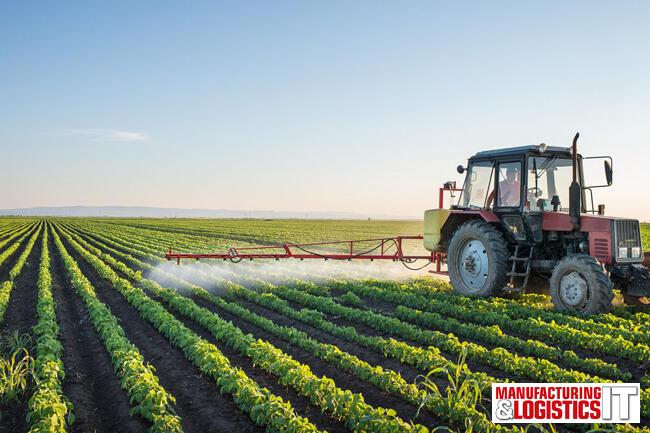As You Sow has released its second edition of Pesticides in the Pantry: Transparency & Risk in Food Supply Chains, a report examining the growing risk to food manufacturers posed by the use of synthetic pesticides in agricultural supply chains.
The report reviews the risks of farm systems dependent on high levels of toxic pesticides, provides benchmarks for improved management practices and transparency, and ranks food manufacturers on their actions to reduce the growing risk of pesticide use.

The report scores 17 major U.S. food manufacturers on their performance on 28 indicators designed to measure how effectively companies are reducing pesticide risk and improving agricultural resiliency.
Several companies made new commitments to reduce pesticide risk, representing improvement compared to 2019. Out of a total possible score of 27 points: General Mills (16 points), Lamb Weston (15), Del Monte (14), and PepsiCo (14) scored the highest. Post and B&G Foods scored the lowest (0 points each) followed by J.M. Smucker (1 point).
Across the board, many more companies are now committed to advancing regenerative agriculture practices compared with 2019. Companies are increasingly considering broad climate and biodiversity impacts of agriculture and establishing commitments to reduce these harms across agricultural supply chains. Yet, problematically, companies continue to avoid addressing and accounting for pesticide use as a meaningful component of promoting agricultural resiliency.
“We are seeing some interesting new initiatives that aim to transition land to regenerative farming practices that are better for the environment, farmers, and consumers,” said Christy Spees, environmental health program manager at As You Sow and the report’s lead author. “At the same time, there is evidence that these efforts could be thwarted by continued use of pesticides as companies, for the most part, continue to ignore this important component of risk and resiliency.”
Regenerative agriculture has become a new ESG buzzword for food companies, and it is critical for investors to be able to differentiate between corporate greenwashing and meaningful commitments to transform the ailing food production system.
Pesticides are the lynchpin of the industrial agriculture system, which is becoming increasingly fragile after decades of applying toxins to fields and crops. In the face of climate change, the system’s impairments are even more pronounced. In order to truly transform food supply chains, manufacturers’ investments in resilient agriculture must include mechanisms for reducing reliance on pesticides.
A growing body of scientific research connects pesticide exposures to harmful human health effects ranging from cancer, cardiovascular disease, birth and developmental defects, to liver and kidney disease, and obesity, among others. The harms of pesticide-based agriculture are also accruing across the environment — from loss of critical pollinator species to toxic waterways. Studies demonstrate connections between pesticides in the environment and reduced biodiversity and harm to endangered species.
“Investors expect companies to be planning for the future and preparing for the effects of climate change,” said Danielle Fugere, As You Sow’s president and a contributor to the report. “For food companies, climate resilience requires investing in agricultural systems that restore ecosystems and soil health and dramatically reduce the use of toxic chemicals.”
The report identifies alternative solutions to support farmers in transitioning away from chemical-dependent farming systems. Certified organic farming, integrated pest management, and regenerative agriculture can be successful approaches to the problems associated with pesticide-dependent farming methods. Importantly, the report also outlines necessary reporting components of such strategies to delineate between empty commitments and meaningful progress.

Add a Comment
No messages on this article yet